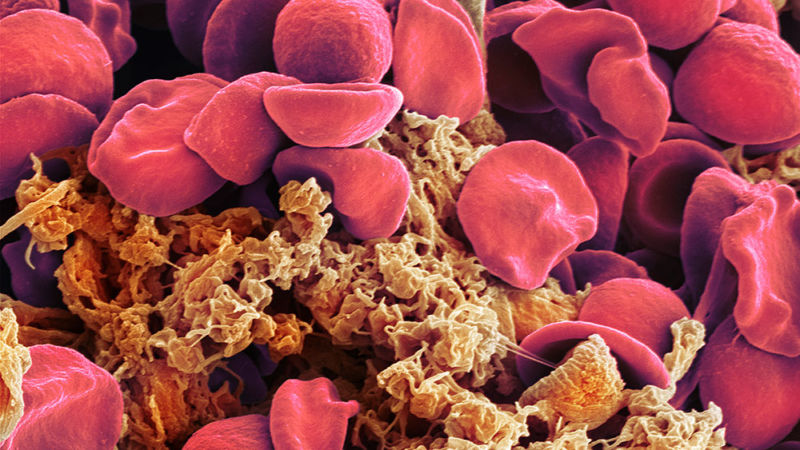Our bodies’ built-in oxygen sensing gets three a Nobel in Medicine

Enlarge / Levels of red blood cells are adjusted based on the activity of the pathway defined by this work. (credit: Getty)
Today's Nobel Prize in Medicine was awarded to three researchers who helped figure out how the human body senses oxygen. William Kaelin of Harvard Medical School, Sir Peter Ratcliffe of Oxford, and Gregg Semenza of Johns Hopkins have each been awarded an equal share of the prize for work that spanned decades.
But the work itself shows how it's nearly impossible to study a complex pathway like this without relying on information from dozens of other researchers. And the details of how the pathway was teased apart read like a textbook of the methods of modern biology.
Who needs oxygen?It might seem odd that we need an elaborate system to figure out how much oxygen we're getting. After all, oxygen is central to our metabolism; if we run short, it should be obvious, right?
Read 16 remaining paragraphs | Comments